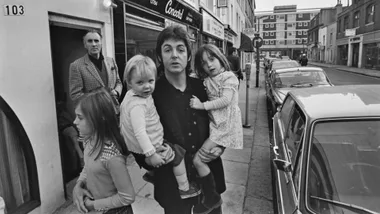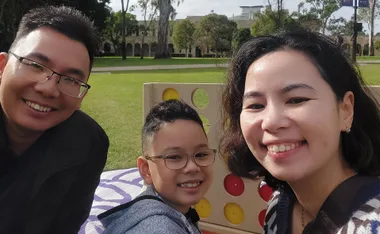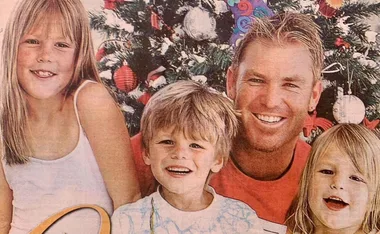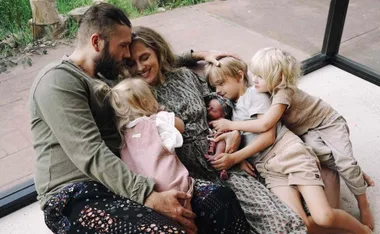The common cold is a viral infection of the upper respiratory tract. The virus is spread in droplets coughed or sneezed by others and by direct contact with sufferers. Children are particularly susceptible to colds as they have little natural resistance. There are around 200 different strains of cold viruses circulating, so it’s likely that each time your child gets a cold he’s meeting that bug for the first time.
How can I tell if my child has a cold?
Most colds run their course in three to ten days. At the start of a cold, a baby or toddler will often feel hot and generally under the weather. His temperature may rise quickly. In the early stages of a cold, some children may vomit. Cold symptoms take two to three days to develop, after which sneezing is usually the first sign, followed by a blocked-up nose and a sore throat. After a few days, the nasal discharge may thicken and become green or yellowish.
How can a cold be treated?
There’s no cure for the common cold. Medicines only help to relieve the symptoms. Before giving any medicine read the instructions carefully, make sure it’s suitable for his age and never give more than the stated dose. Otherwise, plenty of fluids, rest and lots of cuddles are the best remedy. Babies should produce a wet nappy every three hours or so. If he stays dry for longer, it’s a sign that he’s not getting enough liquid.
Feed babies little and often, every half-hour if necessary. If he’s not keen to feed, spoon-feed him with water or well-diluted juice, if he’s three months or older.
If he’s running a temperature, lower it by sponging him with tepid water. Don’t smother him with extra clothes or bedding as he could overheat. If he is over three months, infant paracetamol will help to lower his temperature.
He’ll find it difficult to feed if his nose is blocked. Decongestant nose drops, suitable for babies over three months, given before feeds will help him to suck more comfortably.
Teach him to blow his nose properly, if he’s old enough, one nostril at a time.
Let him sleep longer or take extra naps during the day.
Occasionally, a cold can lead to a cough or ear infection. Consult your GP if:
A cough continues for more than ten days
He has a high temperature
His breathing is fast or he’s short of breath
It seems painful to cough
He coughs up yellow, green or bloodstained mucus
He has earache or appears to be slightly deaf
He seems ill, lethargic or has no appetite after the first couple of day of a cold
Emergency checklist
Contact your GP if:
His temperature is more than 37C
He has a hoarse cough and is breathing heavily
He cries for an unusually long time or in an unusual way, or seems to be in pain
He keeps refusing feeds
He is unusually hot, cold or listless
Seek urgent medical help if:
He has convulsion, turns blue or very pale
His breathing becomes quick, difficult or grunting
He is unusually sleepy or hard to wake, or doesn’t seem to respond to you










